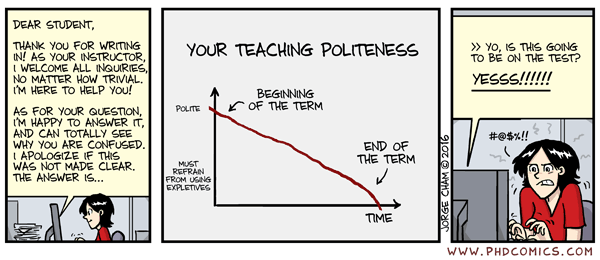Oh, boy, this will set some asses on fire. Dr Subrena Smith argues that Evolutionary Psychology is built on failed premises (I’ve been saying the same thing for years), but she goes deeply into the contradictions in the field. None of their prior claims are valid, and they don’t fit with what we do know about evolution and the brain!
In this article I argue that evolutionary psychological strategies for making inferences about present-day human psychology are methodologically unsound. Evolutionary psychology is committed to the view that the mind has an architecture that has been conserved since the Pleistocene, and that our psychology can be fruitfully understood in terms of the original, fitness-enhancing functions of these conserved psychological mechanisms. But for evolutionary psychological explanations to succeed, practitioners must be able to show that contemporary cognitive mechanisms correspond to those that were selected for in the environment of evolutionary adaptedness, that these present-day cognitive mechanisms are descended from the corresponding ancestral mechanisms, and that they have retained the functions of the ancestral mechanisms from which they are descended. I refer to the problem of demonstrating that these conditions obtain as “the matching problem,” argue that evolutionary psychology does not have the resources to address it, and conclude that evolutionary psychology, as it is currently understood, is therefore impossible.
I also appreciate this bit. One of the common insults that Evolutionary Psychologists deploy is that their critics believe that humans only evolved below the neck, which is nonsense. One can accept that the brain is an evolved organ without believing in the narrow, specific, and oddly improbable premises demanded by Evolutionary Psychologists.
These methodological problems prompt the question, “Is evolutionary psychology possible?” It is important to distinguish evolutionary psychological explanations of human behavior from evolutionary explanations of human behavior simpliciter. This is particularly important given that evolutionary psychologists often claim that those who reject evolutionary psychology but accept evolutionary theory are committed to a contradiction. However, evolutionary theory does not entail nativism or massive modularity. One might reject the theoretical apparatus proposed by evolutionary psychologists while still embracing an evolutionary account of the human mind.
Not that any of this will have any effect on EP at all — that’s a field that relies more on an emotional belief that they can study the past entirely by imposing their desired conclusions on weak data. Smith, on the other hand, has a strong understanding of logic and recognizes where these Evolutionary Psychologists have made a huge leap beyond what the data entails.






